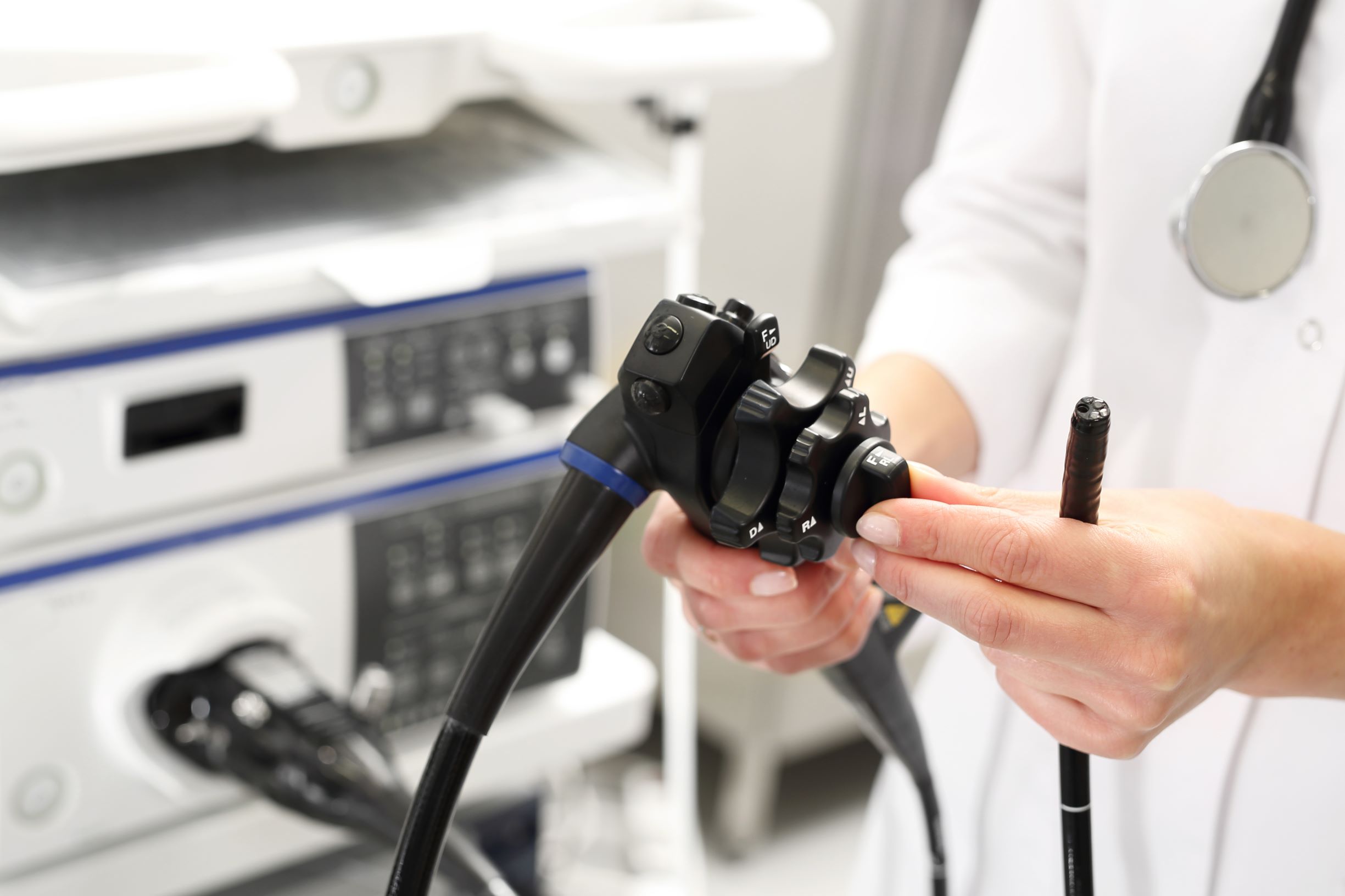
Colon Cancer At-Home Tests: Are They a Viable Alternative to a Colonoscopy?
The American Cancer Society has now lowered the recommended age for a first-time colon cancer screening to 45, so if you’ve hit this age—or if you’re younger, but have a family history or symptoms of the disease—you need to get that screening now.
But what screening should you go for? You probably know that doctors consider colonoscopies to be the gold standard for colorectal cancer detection. But perhaps you’ve heard about at-home screening kits and seen advertisements that tell you they’re cheaper, and only marginally less accurate, than colonoscopies? Manufacturers also often emphasize how convenient these tests are; quick and private, with no need to leave your own home.
If these at-home colon cancer kits, also known as MTsDNA tests, sound tempting, it’s time to weigh up their true pros and cons. The gastroenterologists at the Digestive Health Center in Reno, Nevada, delve into the debate of at-home colon cancer tests versus traditional colonoscopies; namely the reliability, benefits, and limitations of these screening methods.
Colon Cancer At-Home Tests vs. Colonoscopies
Researchers have put the MTsDNA colon cancer screening kits to the test and several studies have concluded that at-home tests don’t match the high detection standards of a colonoscopy, and ultimately cost patients more money. (Naber, et. al., Pickhardt, Bailey, et. al)
Research published in the journal Plos One in July 2019, found that at-home colon cancer tests are “less effective and considerably more costly, making it an inefficient screening option” when compared to other screening methods. (Naber, et.al)
Effectiveness of Cancer Prevention
At-home colon cancer tests cannot prevent colorectal cancer. However, during a colonoscopy, a doctor can identify and remove abnormalities and pre-cancerous polyps, stopping colorectal cancer before it starts, potentially saving your life.
The Cost: How Much Is a Colonoscopy?
At first glance, it appears that at-home kits are cheaper than a colonoscopy. However, they do need to be repeated every three years and, if you get a positive result, real or false, the cost of your diagnostic colonoscopy to confirm the results is a cost out of your pocket.
A colonoscopy is 100% covered by most insurance plans for patients over 50, and often at age 45 since the American Cancer Society lowered the screening age. Depending on your results, you usually won’t need another one for five to ten years.
For uninsured patients, patients with symptoms, or anyone with a family history of colorectal cancer, independent ASCs offer cash pricing, fees that are usually much lower than those of hospitals, and estimates for pathology and anesthesia. This will help you compare costs and budget for your colonoscopy.
The Convenience: How Long Is a Colonoscopy Procedure?
Colonoscopies take up several hours of a 24-hour period once every five or ten years; there’s a little prep and then the procedure itself, which takes just a few hours from check-in to discharge. The actual procedure is generally 15 to 30 minutes.
At-home colon cancer tests are shipped to your home and you’ll need to repeat the test every three years. You submit a sample as per the instructions and mail it back. It’s a quick process that’s not intrusive and it can all be done in privacy.
But would you be able to send off your sample confident in the knowledge that the test is completely accurate and that if your results come back clear, you’re guaranteed to be colon-cancer-free? No!
Schedule Colonoscopy with Reno Gastroenterologists
A colonoscopy is still the gold standard for colon cancer screening than a colon cancer at-home test. So don’t wait! Colon cancer doctors like Dr. Lynda Hoang, Dr. Erik De Jonghe and Dr. Sam Nourani at the Digestive Health Endoscopy Center in Reno, Nevada emphasize the importance of choosing the right screening method.
Schedule an appointment now to get the knowledge that a colonoscopy will give you to prevent you from developing colorectal cancer.
Appointment Request Form
References
Naber, S., Knudsen, A., Zauber, A., Rutter, C., Fischer, S., Pabiniak, C., Soto, B., Kuntz, K. and Lansdorp-Vogelaar, I. (2019). Cost-effectiveness of a multitarget stool DNA test for colorectal cancer screening of Medicare beneficiaries. [online] Plos One. Available at: https://journals.plos.org/plosone/article?id=10.1371/journal.pone.0220234.
Pickhardt, P. (2016). Emerging stool-based and blood-based non-invasive DNA tests for colorectal cancer screening: the importance of cancer prevention in addition to cancer detection. Abdominal Radiology, 41(8), pp.1441-1444.
Bailey, J., Aggarwal, A. and Imperiale, T. (2016). Colorectal Cancer Screening: Stool DNA and Other Noninvasive Modalities. Gut and Liver, 10(2), p.204
Back to "Blog"







 DHA
DHA